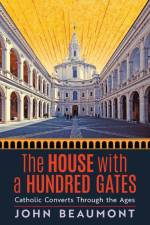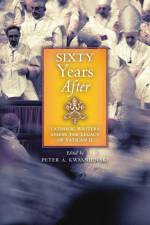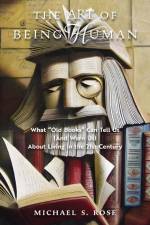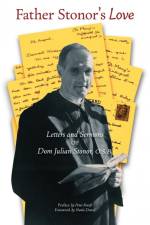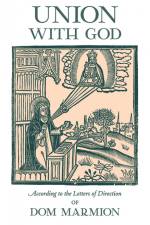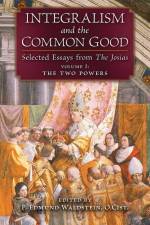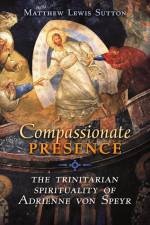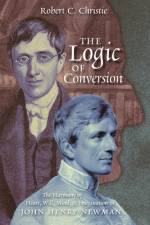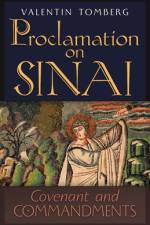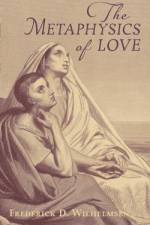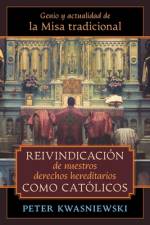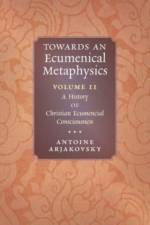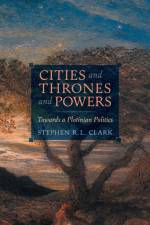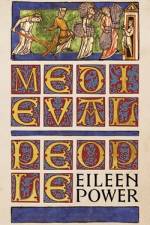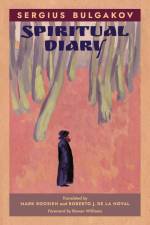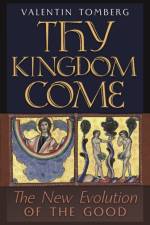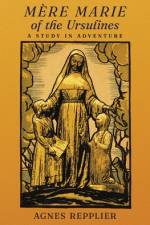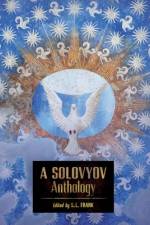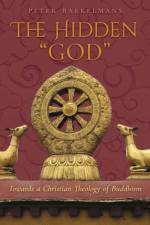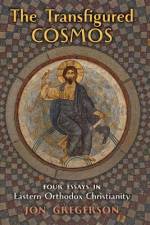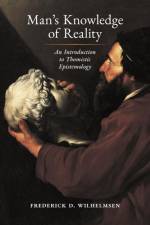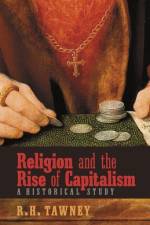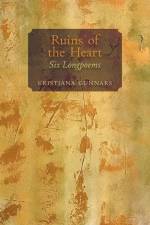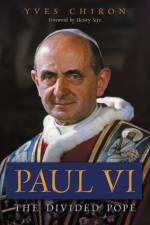av Vladimir Solovyov
487
Vladimir Solovyov (1853-1900) was one of the most remarkable figures of the 19th century. He was the most important Russian speculative thinker of that century, publishing major works on theoretical philosophy, the philosophy of religion, and ethics. He also produced sensitive literary criticism and incisive essays on current political, social, and ecclesiastical questions. He published one important work after another in his twenties, including The Crisis of Western Philosophy: Against the Positivists (1874), The Philosophical Principles of Integral Knowledge (1877), and Lectures on Divine Humanity (1877-1881). By the early 1880s Solovyov had turned to a new project: the reunification of the churches. During his last decade he wrote a highly original book on love, The Meaning of Love (1897), and a treatise on ethics and social philosophy, The Justification of the Good (1892-1894). In the last years of his life, obsessed by a gathering sense of the palpable power of evil in the world, he wrote his final work, Three Conversations Concerning War, Progress, and the End of History, Including a Short Tale of the Antichrist (1900). Solovyov is also regarded as the founder of the Sophiological current in modern Russian philosophy. His Sophiology was further developed by, among others, the philosophers Pavel Florensky (1882-1937), and Sergius Bulgakov (1871-1944). His visions of Sophia were also a source of inspiration for Russian symbolist poets such as Alexander Blok (1880-1921) and Andrei Belyi (1880-1934).The present volume represents the first published overview of Solovyov's writings, and has the unique advantage of having been selected and introduced by S. L. Frank (1877-1950), himself regarded as one of the greatest Russian philosophers of the last century. Solovyov's writings have become better known in recent years, but this first presentation by one of his own gifted countrymen still stands as the best available introduction to Solovyov's uniquely wide range of insight.

